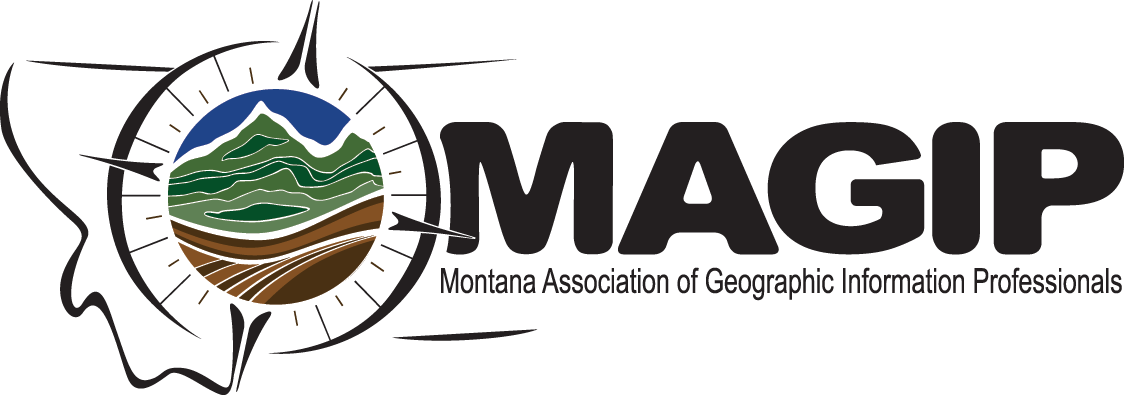2015 MAGIP Spring Meeting
NextGen 9-1-1 Discussion
Presentations and Recordings now available
NextGen 9-1-1 (NG9-1-1) Focused Discussion
Next Generation 9-1-1 and Local Government GIS by Michael Fashoway, Montana State Library Geographic Information Recording
Montana 9-1-1 Network & NG Prep by Lisa Kelly, Century Link Recording
North Dakota GIS Efforts in Support of Next Generation 9-1-1 by Jason Horning, North Dakota Associations of Counties Recording
NextGen 9-1-1 Discussion Recording
Full Description:
You’ve seen the national headlines such as this one: ”911's deadly flaw: Lack of location data A technology shortfall can lead to tragic results, a national investigation shows. John Kelly and Brendan Keefe , USA TODAY”. From that article comes this quote which sums up the problem: "It is now easier than ever for victims to reach 911, but harder than ever for responders to reach them".
Current 911 infrastructure is not designed to handle today’s technology. Accurate, current location data is critical for prompt emergency response. Coordination between all sectors of public safety personnel, telecommunications providers, Information Technology and GIS professionals will be required to implement a successful NG911. This session will provide an overview of NG911, where we stand in Montana with regard to GIS data and telecommunications and how North Dakota is moving forward.
Next Generation 9-1-1 and Local Government GIS
Michael Fashoway, Montana State Library Geographic Information
E9-1-1 has long been a primary driver for GIS at the local government level. Road centerlines, address points, Public Safety Answering Point (PSAP) boundaries and other GIS datasets were developed to aid 9-1-1 call takers in locating an emergency and helping to guide emergency responders to the correct location. With Next Generation 9-1-1 (NG9-1-1), GIS becomes the mechanism by which 9-1-1 call are located and routed to the correct 9-1-1 call center. The transition to NG9-1-1 will have profound impacts on how GIS data are managed and used at the local level. This presentation will provide background on NG9-1-1, the GIS data needs for NG9-1-1, standards associated with NG9-1-1 GIS data, and steps for preparing datasets for NG9-1-1.
Montana 9-1-1 Network & NG9-1-1 Prep
Lisa Kelly, Century Link
This presentation will focus on how the 9-1-1 Network and database will use geo-spatial data for routing calls in Next-Gen 9-1-1. We will touch on a high level the Network components involved when transitioning from the legacy MSAG type routing to Next Gen routing.
North Dakota GIS Efforts in Support of Next Generation 9-1-1
Jason Horning, North Dakota Associations of Counties
Next Generation 9-1-1 at its core is dependent upon timely, authoritative and seamless GIS information for 9-1-1 call delivery to a Public Safety Answering Point. The process of building and maintaining 911 GIS data primarily for local or small regional use will be replaced with agreements and new processes for aggregating datasets for large regions or an entire state. Hear how North Dakota has gone about tracking this challenge including its current tools, processes, and methodology for migrating from Enhanced 9-1-1 to Next Generation 9-1-1.
For more information contact Leslie Zolman
